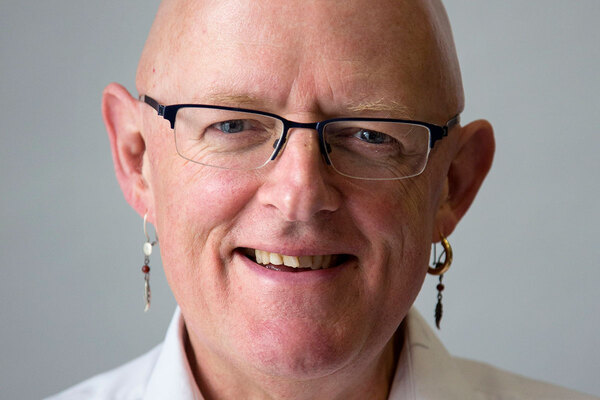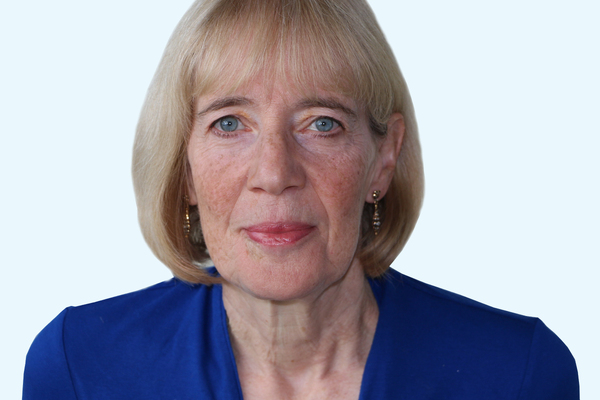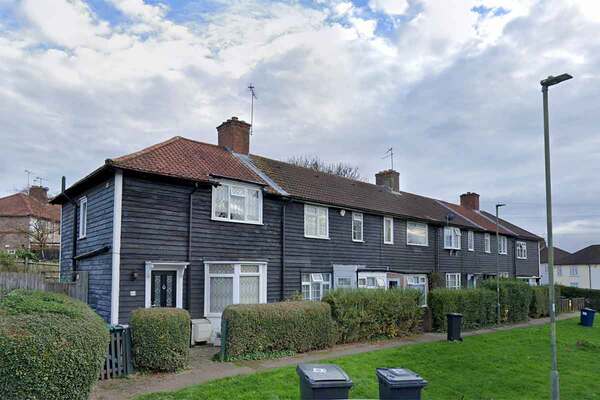You are viewing 1 of your 1 free articles

‘Tenant panels’ are no replacement for old-fashioned democratic organisations
As the London Assembly’s housing committee investigates ways to improve resident involvement, tenants Pat Turnbull and Ron Hollis make some suggestions
Ensuring tenants’ voices are heard is one of the items on everyone’s to do list since an avoidable fire – predicted by a concerned tenant – killed 72 people in Grenfell tower last June.
Sadiq Khan stated in September, “I firmly believe residents must be at the heart of decision-making about the future of social housing” and last week’s Hackitt report advocated “better involvement in decision-making, through the support of residents associations and tenants panels”.
There is still no sign of the Government’s Social Housing Green Paper, but it can be expected that this too will emphasis the importance of tenants’ voices.
“Over the past 20 years there has been a gradual crumbling away of support for Tenants and Residents Associations.”
It is welcome news that our landlords and the various levels of government are straining to hear our voices but we do not need to ‘reinvent the wheel’; we know from experience that there is no alternative to good old-fashioned, accountable and democratic grassroots tenants’ organisations.
Over the past 20 years there has been a gradual crumbling away of support for Tenants and Residents Associations (TRAs) and the landlord-wide Tenants Federations, which enable tenants to share knowledge and speak as a collective on matters of joint concern.
This has weakened tenants’ voices. As social housing landlords invariably award management, maintenance and repair contracts to the lowest bidder, tenants are navigating complex, and often ineffective, repair and complaint systems as individuals.
This grinds us down, making us feel there is no point in raising concerns if appointments aren’t kept, complaints made are lost to the ether and we speak to a different member of staff each time we make a phone call.
Worse still, in some cases tenants and tenants’ groups are encouraged to negotiate with the landlord’s contractors themselves, despite having no powers within that relationship.
Landlords – councils as well as housing associations – increasingly favour ‘consumer-style’ approaches to capturing what tenants are saying, such as ‘focus groups’, ‘scrutiny panels’ and even ‘mystery shopping’. But these are a poor fit for the landlord-tenant relationship.
Not only are participants often self-selected or chosen by the landlord, there are many cases where tenants are told that their role is not to raise the views of their neighbours, nor to be accountable to them. Ultimately, if the concerns the participant raises are unwelcome, their views can easily be dismissed as those of just one tenant - the ‘usual suspect’, perhaps.
What makes this dangerous, if it is seen as an alternative to supporting and working with TRAs, is that a tenant’s relationship with their social landlord is not the same as their relationship with, for instance, a supermarket. The shortage of social housing in London means tenants are not easily able to ‘vote with their feet’ and choose another social landlord if there is a problem with their own.
As tenants, we have relatively little choice, whether our landlord chooses to listen to us or not. TRAs are structures which can help to address that power imbalance. It is harder to dismiss the views of a tenant who has been elected by their neighbours at an open annual meeting.
“A tenant’s relationship with their social landlord is not the same as their relationship with, for instance, a supermarket.”
That said, a number of housing associations have been known to expect TRAs to adopt constitutions which prohibit them from being publicly critical of their landlord. Any discussion about ensuring we tenants are heard must seek to shine a light on landlord practices which actively gag us.
As for the mayor of London, he does not need to wait for Theresa May to get her act together in order to support participatory, democratic and accountable tenant involvement in decisions affecting our homes and our lives.
Today, we will be addressing the London Assembly housing committee’s investigation into how social housing tenants could be better involved in decisions affecting our homes.
Here are just three of the proposals we’ll be making:
- Require social landlords, as part of Greater London Authority funding criteria, to have good (participatory, democratic and accountable) tenant involvement processes in place
- Encourage boroughs in London to use the powers of the Localism Act to reinstate housing committees, so that more councillors and tenant representatives are involved in decision-making
- Lead by example and establish a forum for tenants (of all tenures) to feed into policy contained in the London Housing Strategy
Pat Turnbull and Ron Hollis, regional directors, London Tenants Federation









